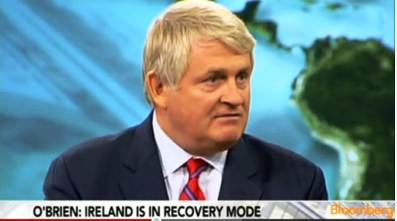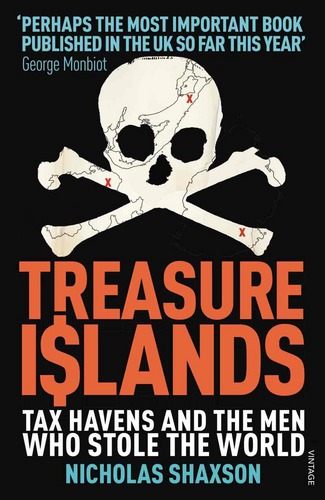 The amount of money flowing into this year’s election has awed many an observer, this one included. With 3 men committed to raising $500,000,000 to defeat President Obama, it’s hard to see how this can accurately be called a democracy anymore. Citizens United is largely to blame. It was the Supreme Court case that allowed corporations to contribute unlimited amounts of money to influence elections. And just this week, the Supreme Court overturned a Montana Supreme Court ruling that would have disallowed that sort of thing in the state of Montana.
The amount of money flowing into this year’s election has awed many an observer, this one included. With 3 men committed to raising $500,000,000 to defeat President Obama, it’s hard to see how this can accurately be called a democracy anymore. Citizens United is largely to blame. It was the Supreme Court case that allowed corporations to contribute unlimited amounts of money to influence elections. And just this week, the Supreme Court overturned a Montana Supreme Court ruling that would have disallowed that sort of thing in the state of Montana.
Negative campaigning works. It’s an old tactic that has impacted election after election. What’s new this year is the huge amount of money, and the sources of that money, that are fueling the fire. Florida Representative Ted Deutsch, who has proposed a constitutional amendment that would outlaw unlimited spending by corporations, said the decision “doubled down on the dangerous assertion made in Citizens United that corporations are people with a constitutional right to spend unchecked amounts of money influencing our elections. By striking down Montana’s long-held ban on corporate campaign contributions, this radical decision undermines good government laws nationwide and further jeopardizes century-old federal law banning direct corporate giving to campaigns.”
Even more interestingly, the Supreme Court’s decision was effectively split along party lines. The Supreme Court is presumptively ‘nonpartisan’ (remember all the controversy over litmus tests), but the five justices nominated by Republican Presidents all supported Citizens United, a beatdown given to unions last week, as well as this decision on Montana’s law. All four Justices appointed by Democratic Presidents held dissenting opinions and votes in each case.
As the next President will likely appoint at least one Supreme Court Justice, we have to ask ourselves: what kind of Supreme Court do we want?
Follow Scott Cooney on Twitter








